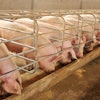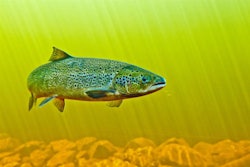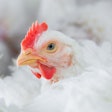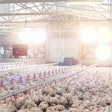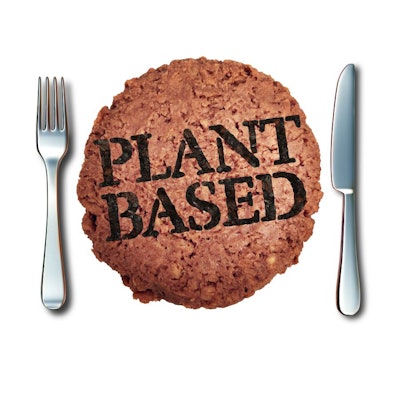
Forecast growth in the market for meat substitutes is behind the planned expansion by ICL Group of Israel.
Specialty food ingredients company ICL Food is to invest around US$20 million in further developing Rovitaris, its protein technology business. The firm plans to increase its manufacturing capacity, as well as research and development capability.
Rovitaris is a technology developed by ICL to support the production of allergy-free plant-based food, according to a company press statement. The resulting products can be formed and adapted to applications that improve the taste and texture of a range of vegetable proteins substituting for meat, poultry or seafood. It offers good stability when freezing and thawing products as diverse as burgers, nuggets, deli meats and fish sticks. These properties help reduce manufacturing costs, according to ICL.
Without defining the technology, the firm says Rovitaris allows its food manufacturing customers to create plant-based meat alternatives that are “virtually indistinguishable from their traditional meat counterparts.”
Its existing product range is based on pulse proteins — based on peas and fava beans — but the firm says forthcoming launches include textured vegetable crumbles.
In 2018, ICL won an award for Rovitaris as the most innovative ingredient at the Food Ingredients South America trade show.
As well as meat, poultry and seafood, the firm’s products are aimed at dairy, bakery, beverage and the vegan/vegetarian/flexitarian markets.
ICL Foods’ business
ICL Foods is part of ICL Group, which was set up early in the 20th century to extract minerals from the Dead Sea. Largely based on phosphates, the group’s fertilizer and specialty chemicals business is focused on agriculture, food and engineering materials. It achieved global sales of about US$5.6 billion in 2018. Of this, around US$600 million was generated by ICL Food.
The group’s shares are listed on the stock exchanges of New York and Tel Aviv.
Global growth in meat alternatives
Citing the opinion of food industry experts, ICL says the global market for plant-based meat alternatives to grow at a rate of 7-9% per year (expressed as compound annual growth rate, CAGR) from US$4 billion in 2018. Markets in Europe, North America and South America are forecast to experience the fastest rates of expansion.
According to Euromonitor International, the global meat substitute market was at almost US$20 billion in 2018, an increase of 10% from the previous year.
Chicken meat is the most-consumed protein in the U.S. However, future growth in the sector may be held back by evolving consumer food consumption behaviors, according to David Portalatin of market researchers, NDP Group.
Among these changes, he said that consumers are increasingly looking to increase their overall protein intake through dairy and meat alternatives.
Discussing these changes in eating patterns in the U.S, he said 14% of the country’s population already regularly consumes them.
“Plant-based protein consumption is going mainstream,” he said.
In Portalatin’s opinion, traditional meat producers need to address the underlying concerns of consumers. They should also innovate to take advantage of opportunities presented by these changes in behavior.
Although rooted in start-ups, cell-cultured meat could be competitively priced and widely available in just a few years. That’s the opinion of Sarah Lucas of Mosa Meat, the brand fronting the world’s first cultured hamburger.

